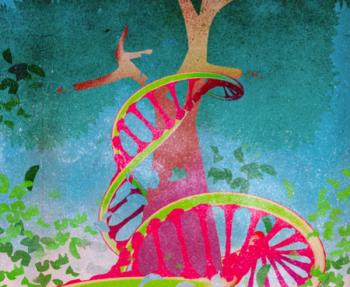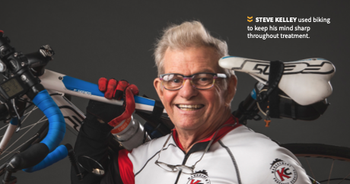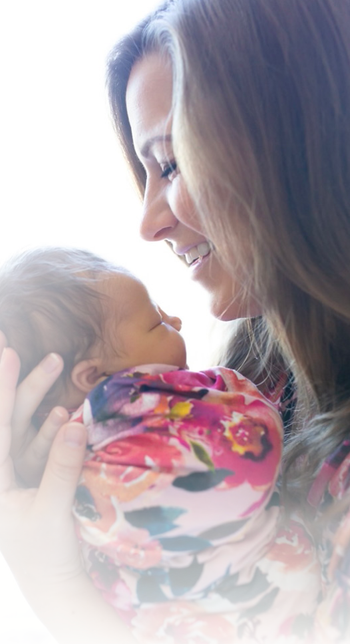
On behalf of Hope for Stomach Cancer, Dr. Yanghee Woo speaks with CURE® about risk factors for gastric cancer and the alarming rise in cases in young adults.

On behalf of Hope for Stomach Cancer, Dr. Yanghee Woo speaks with CURE® about risk factors for gastric cancer and the alarming rise in cases in young adults.

Knowing they’ve inherited a genetic mutation for stomach or breast cancer gives patients the power to plan ahead.

In his new memoir, a patient with central nervous system lymphoma emphasizes the importance of a positive mindset and a strong support system.

Now that things are slowly getting back to normal as more people become vaccinated, we welcome back the idea with open arms of in-person connections. But there’s still one population that needs more human connection: those with a rare cancer.

Read more about the current research for the disease, as well as how these advances impact the patients diagnosed with it.

Patients with this rare genetic condition develop tumors in various parts of their body, throughout their lifetime, requiring a multidisciplinary care team and constant screening and management.

Despite the challenges of diagnosing and treating liposarcoma and chondrosarcoma, experts are optimistic about future treatments for these two rare cancers.

After receiving a diagnosis of stage 3 sarcoma, one survivor proves that anything is possible.

Maintaining health before and after a diagnosis of myeloproliferative neoplasms could help patients as they undergo treatment.

An online tool developed by oncologists for this rare diagnosis individualizes survival estimates, resulting in candid discussions and better decision-making.

Study findings from China show that a new treatment option improves survival outcomes in nasopharyngeal carcinoma, but can U.S. populations expect similar results?